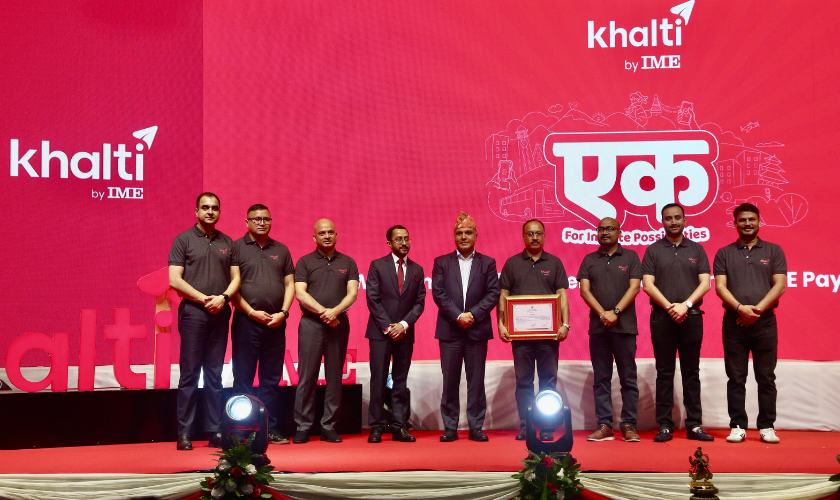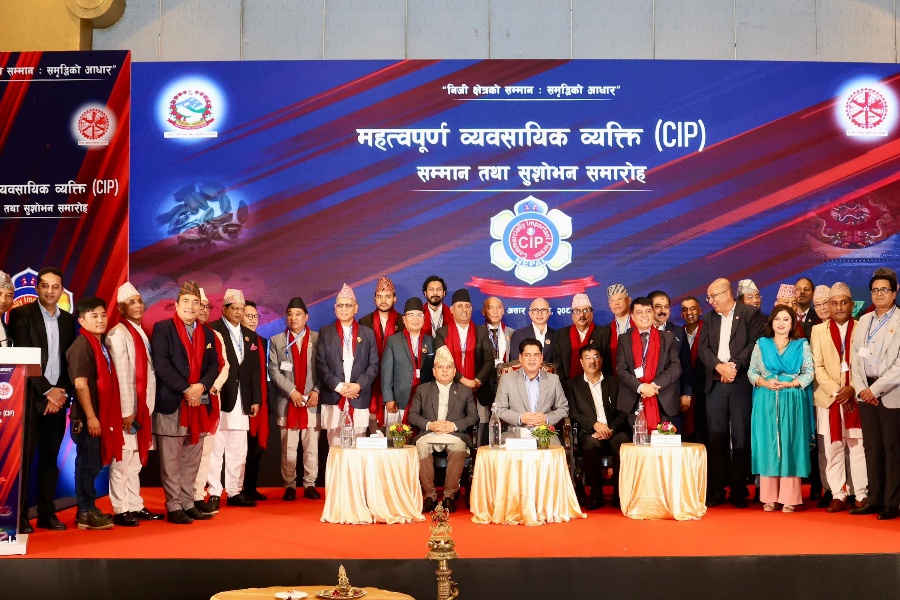The Nepal Telecommunications Authority (NTA) has directed all telecommunications service providers in the country to immediately restrict access to the Telegram app, citing a surge in its use for online fraud, money laundering, and other serious crimes.
In a notice issued on Friday, July 18, the telecom regulator said it had observed a “continuous increase” in criminal activities via Telegram.
“As online fraud cases involving the Telegram app in Nepal have been steadily rising, and with its involvement in serious crimes such as money laundering, all concerned telecommunications service providers are hereby directed to immediately block or restrict access to the app,” the NTA said in its statement.
The directive follows concerns raised by the national coordination committee formed to prevent money laundering and terrorist financing, which on Thursday instructed the Ministry of Communication and Information Technology to investigate Telegram’s role and take appropriate measures.
The committee, operating under the Office of the Prime Minister and Council of Ministers, cited Telegram’s increasing use in illegal activities such as fraud, drug trafficking, informal money transfers (hundi), and unregulated online gambling.
The NTA’s move comes five months after the Financial Action Task Force (FATF), the global anti-money laundering and counter-terrorism financing watchdog, placed Nepal on its grey list during plenary meetings held in Paris in February.
FATF’s grey list, officially called “Jurisdictions under Increased Monitoring,” includes countries committed to addressing strategic deficiencies in their anti-money laundering and counter-terrorism frameworks under heightened international scrutiny.
Nepal was cited for inadequate measures to combat financial crimes and political and administrative inaction in investigating suspicious transactions. The watchdog outlined seven priority areas for reform and stressed the need for a comprehensive action plan. Nepal was previously on the grey list from 2008 to 2014.
Telegram, one of the world’s most popular messaging apps with reportedly over one billion active users globally, has faced controversy in several countries over security and data breach concerns.
Vietnam imposed a ban on Telegram on May 21, citing its role in spreading illicit activities. The country stated 68% of the 9,600 Telegram channels and groups in Vietnam were linked to fraud, drug trafficking, terrorism, and anti-government content. The ban took effect on June 2.
Earlier, Nepal imposed a ban on TikTok on November 13, 2023, over concerns the app disrupted social harmony. The ban lasted nine months and was lifted on August 22, 2024.
Deputy Prime Minister and Finance Minister Bishnu Paudel said Nepal aims to exit the FATF grey list ahead of schedule through effective reforms.
Internet users expressed mixed reactions to the Telegram restriction, with some supporting the move to curb crime, while others lamented the loss of the app’s benefits.












